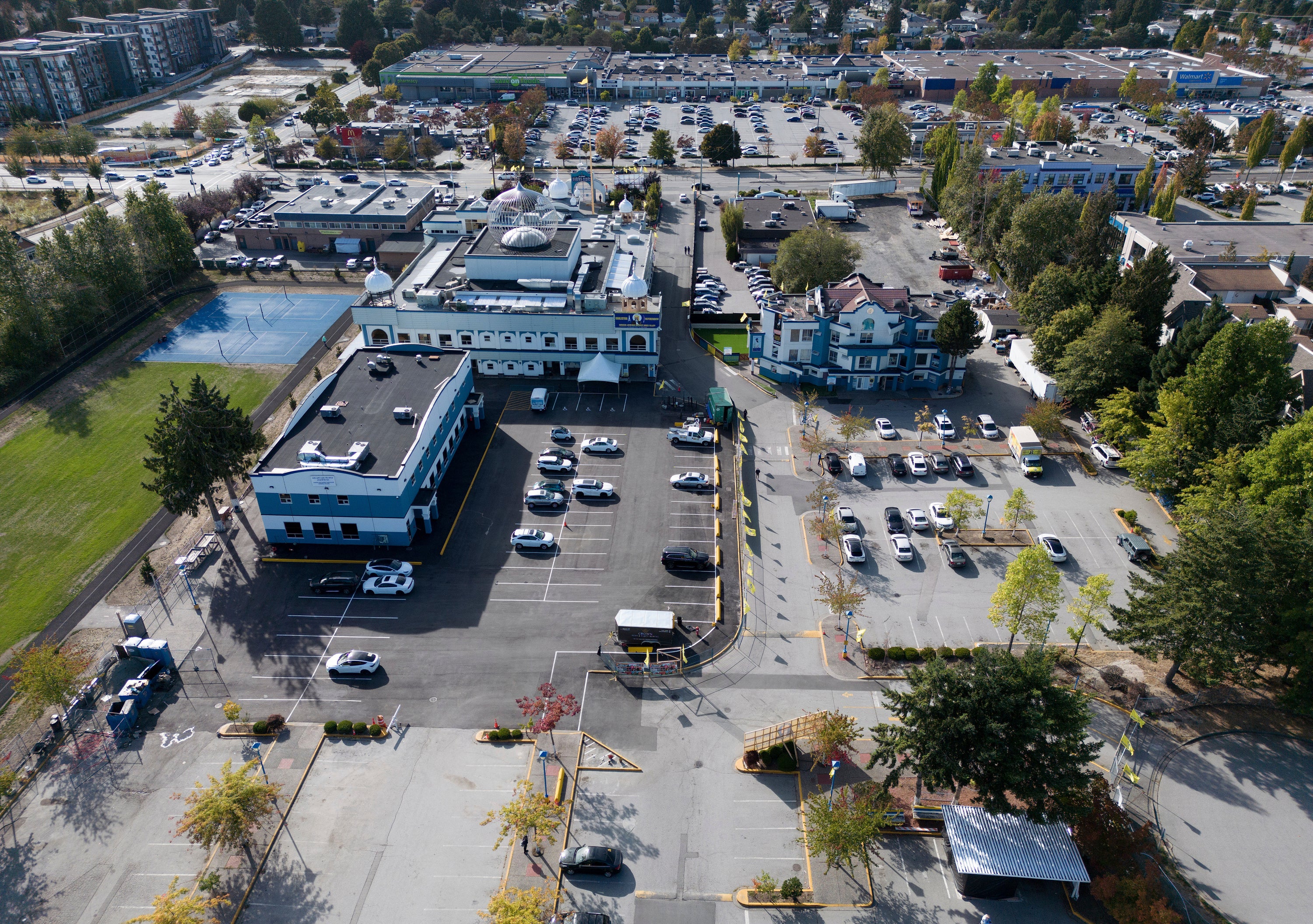The killing of a Sikh separatist leader has torpedoed relations between India and Canada, leading to the firing of diplomats and derailment of trade talks.
Hardeep Singh Nijjar was president of Guru Nanak Sikh Gurdwara in Surrey in British Columbia, and killed on 18 June on the gurudwara’s premises.
In India Nijjar was listed as a wanted terrorist, and the subject of a Rs 1m (£9,710) bounty for information leading to his arrest. A supporter of Sikh separatist causes, Nijjar was accused of leading a proscribed militant organisation called the Khalistan Tiger Force.
Three months after his death, Canadian prime minister Justin Trudeau claimed the Indian government could be behind the killing of Nijjar, kicking up a diplomatic row that is likely to worsen already faltering bilateral ties.
“Any involvement of a foreign government in the killing of a Canadian citizen on Canadian soil is an unacceptable violation of our sovereignty,” Mr Trudeau said.
India rejected Canada’s “absurd and motivated” allegations while accusing the Trudeau government of allowing the Khalistan movement to thrive. The Sikh secessionist movement calls for a separate homeland for the Sikh religious community to be carved out of India’s Punjab state.
New Delhi fired a senior Canadian diplomat on Tuesday in a tit-for-tat move after Ottawa announced the expulsion of an Indian diplomat, who was the head of the country’s intelligence agency.
Nijjar, 46, a father-of-two, was shot dead in his truck by two unidentified masked gunmen outside the Nanak Sikh Gurudwara, which prompted protests across the country.
Investigators at the time described the killing as “targeted” and said there was no threat to the Sikh community, which accounts for roughly 2 per cent of Canada’s population.
Nijjar is the second member of the Sikh community to be killed in Canada after Ripudaman Singh Malik – one of two men acquitted in the 1985 Air India bombing – was fatally shot in Surrey last year. All 329 people on board an Air India flight from Canada to India died as the plane blew up in the Irish coast in one of the deadliest terror attacks believed to have been orchestrated by Sikh separatists.
Nijjar immigrated to Canada as a refugee nearly two decades ago and was known to be a plumber by profession and also a prayer leader at the Nanak Sikh Gurudwara.

He reportedly told his associates days prior to his death that he received “cryptic warnings” from the Canadian Security Intelligence Service about a possible assassination plot against him.
In a speech just hours before the shooting, Nijjar told attendees that advocating for Sikh rights in the Indian state of Punjab was treacherous work. “The coming time is very dangerous,” he said in Punjabi, according to a Globe and Mail report.
The World Sikh Organization of Canada called Nijjar an outspoken supporter of Khalistan who “often led peaceful protests against the violation of human rights actively taking place in India and in support of Khalistan”.

“Nijjar had publicly spoken of the threat to his life for months and said that he was targeted by Indian intelligence agencies,” the statement said.
In India Nijjar was wanted by the National Investigative Agency (NIA) for his separatist activities, who announced a cash reward for information leading to his arrest in connection with an attack on a Hindu priest.
Authorities in India declared Nijjar an “individual terrorist” under the Unlawful Activities Prevention Act in July 2020.
Nijjar monitored the recruitment and funding of young Sikh men for alleged terror activities, Indian officials claimed to the Hindustan Times.
Balraj Singh Nijjar, the eldest son of the slain leader, broke his silence on Monday saying that the family always suspected the involvement of the Indian government in his father’s killing.
“It was just a matter of time for when the truth would come out,” he told reporters from the same gurudwara where his father was fatally shot, CBC News reported. “When we heard the news today, it was a sense of relief that it’s finally coming to the public eye.”
While India has pressed Canada to condemn the rise of separatist sentiment among the diaspora community, Mr Trudeau maintains that the country will “always defend freedom of expression, freedom of conscience, and freedom of peaceful protest and it is extremely important to us”.
Concerns regarding the movement were raised by prime minister Narendra Modi during the sidelines of the G20 summit in New Delhi last week. Mr Trudeau on Monday told the Canadian parliament that Nijjar’s killing was brought up during their discussions.
There has been a spate of “targeted killings” of prominent Sikh separatist leaders across countries with a sizable Indian population.
Avtar Singh Khanda, who was the alleged head of the Khalistan Liberation Force, died in Birmingham, UK, in June under “mysterious circumstances”.
Paramjit Singh Panjwar, a designated terrorist by India, was shot dead in May in Lahore, Pakistan, by unidentified assailants.
Source: The Independent
